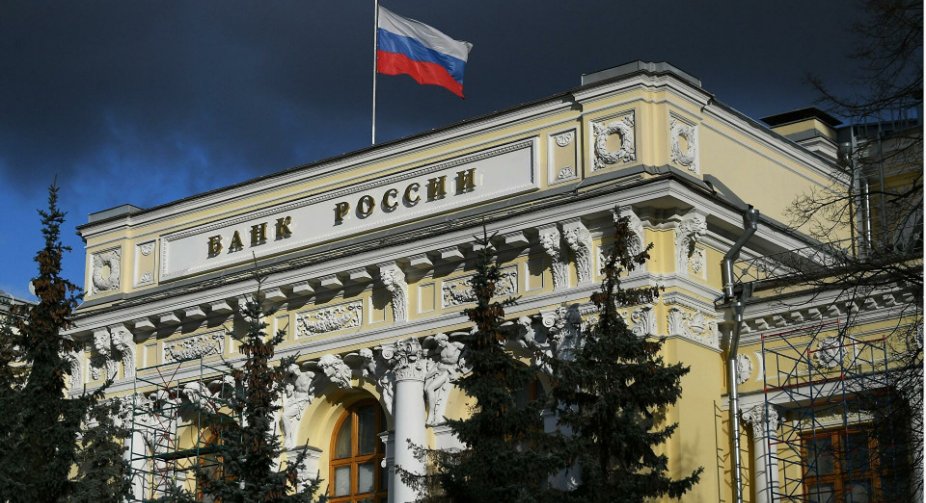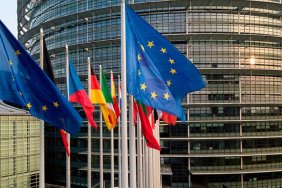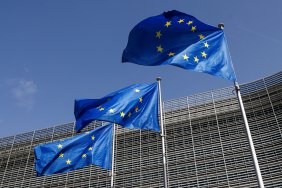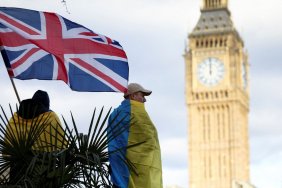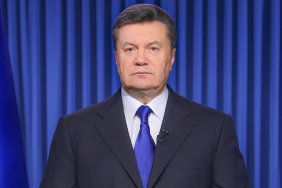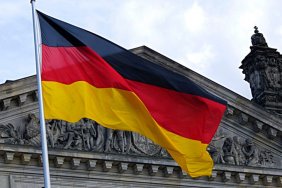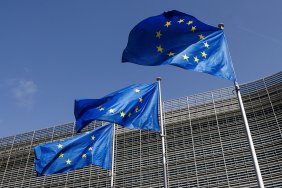The UK government has imposed economic sanctions against the Russian Central Bank amid Russia's attack on Ukraine. The action is being taken jointly with the U.S. and the EU to prevent the bank from deploying its foreign exchange reserves to support the Russian ruble. Britain's government website reported.
"These measures demonstrate the determination to apply tough economic sanctions in response to Russia's invasion of Ukraine. We are announcing the decision in rapid coordination with allies from the U.S. and Europe to demonstrate with our international partners an unwavering determination to impose the highest price on Russia and cut it off from the international financial system while this conflict continues," Treasury Chancellor Rishi Sunak said.
The U.K. sanctions against Russia include:
Banning U.K. citizens from engaging in financial transactions involving the Central Bank of Russia, the Russian National Wealth Fund and the Treasury Department;
Restrictions against Russian financial institutions;
Measures to prevent Russian companies from issuing securities and money market instruments in the UK. This is in addition to existing sanctions, such as prohibiting Russia from increasing sovereign debt in the UK;
Preventing certain banks from accessing sterling and clearing payments through the UK. This would be consistent with the powers the U.S. already has. Sanctioned banks would not be able to process payments through the UK or have access to UK financial markets.
A set of measures to significantly increase Britain's trade restrictions against Russia. This will include a ban on exports of a range of high-quality and important technical equipment and parts thereof in the fields of electronics, telecommunications and aerospace.
Earlier it was announced an expansion of financial and trade measures in relation to Crimea, the regions of the so-called "DPR" and "LPR".
In addition, general licenses concerning sanctions will also be published.
